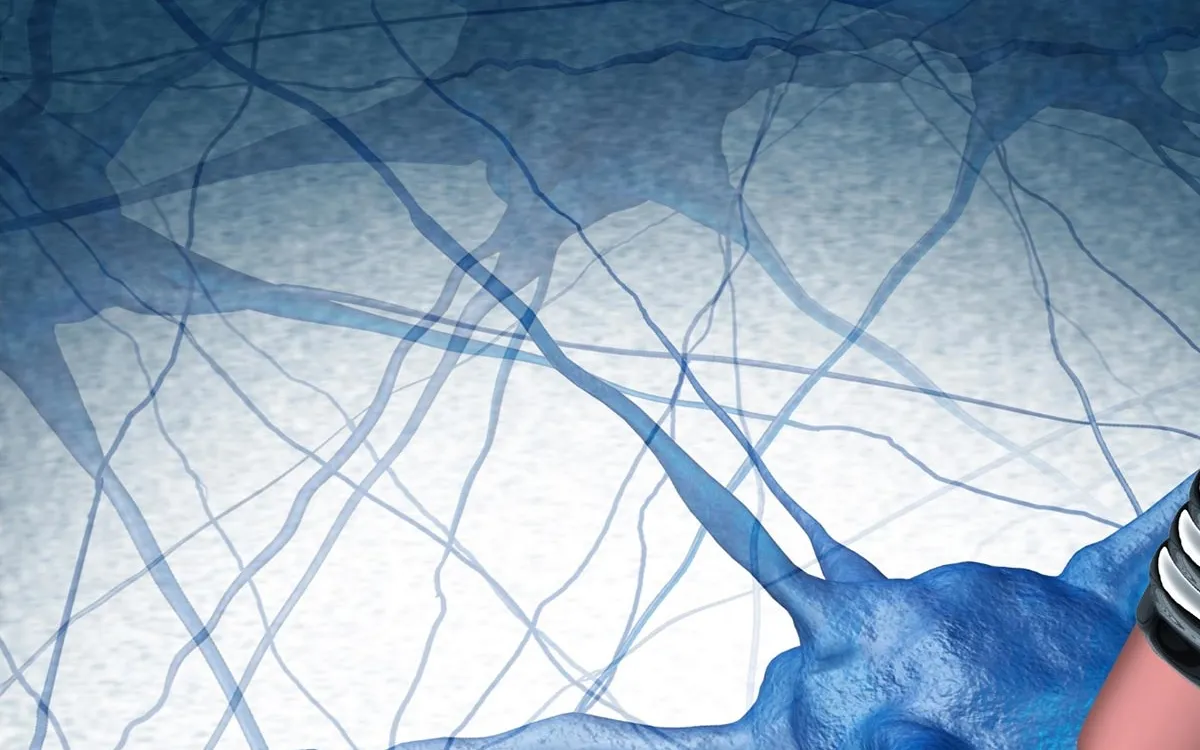
A recent case study has uncovered an unexpected mismatch between the pathology of Alzheimer’s disease (AD) and cognitive function in a woman with Down syndrome (DS). Research indicates that individuals with Down syndrome face a lifetime risk exceeding 90% for developing dementia due to Alzheimer’s as they age. This significant statistic has prompted researchers at the University of Pittsburgh’s Swanson School of Engineering to investigate why some individuals with Down syndrome develop dementia while others maintain cognitive stability. The insights gained from this research could ultimately benefit the entire Down syndrome community.
A study published in Alzheimer’s & Dementia: The Journal of the Alzheimer’s Association details an atypical progression of Alzheimer’s disease in a woman with Down syndrome. For a decade, this participant contributed to the Alzheimer Biomarker Consortium – Down syndrome Research Study (ABC-DS), collaborating with a team led by Elizabeth Head, a professor in the department of pathology and laboratory medicine at the University of California, Irvine. Following her passing, researchers expressed gratitude for her invaluable gift of brain donation. Her brain was subsequently shared with the University of Pittsburgh’s 7T Bioengineering Research Program, where it was examined using a high-resolution 7 Tesla MRI scanner by postdoctoral scholar Jr-Jiun Liou.
"Our goal is to connect neuroimaging with neuropathology to enhance diagnostic and therapeutic criteria for individuals with Down syndrome before they pass away," explained Liou. The neuroimages reviewed by Liou revealed surprising findings. Despite the participant being cognitively stable at the time of her death, MRI imaging displayed signs of neuropathology consistent with Alzheimer’s disease in her brain. This revelation emphasized a significant discrepancy between her lived experience, clinical diagnosis, and the underlying biological pathology.
"Clinical assessments throughout our years of studying her indicated that she was cognitively stable, which adds to the intrigue of this case," Liou noted. "Although her brain displayed pathology indicative of Alzheimer’s, we believe that her cognitive stability could stem from her high education level or unique genetic factors." This case study could pave the way for improving existing diagnostic tools and expanding the inclusion criteria for therapeutic drug trials aimed at Alzheimer’s disease and dementia.
Current clinical trials often have narrow acceptance criteria. By including more individuals who exhibit this type of “hidden” pathology for Alzheimer’s, researchers could enhance the effectiveness of treatments. The data from this case study also presents a rare opportunity to investigate genetic or lifestyle factors that may contribute to cognitive preservation. These insights could ultimately benefit not only individuals with Down syndrome but also the broader population.
"If we can identify the genetic underpinnings or lifestyle factors that enabled her brain to function well despite the pathology, we may uncover strategies that could aid others," said Head. "This study illustrates how the participation of just one individual in research can lead to profound discoveries that could transform our understanding of Alzheimer’s disease."